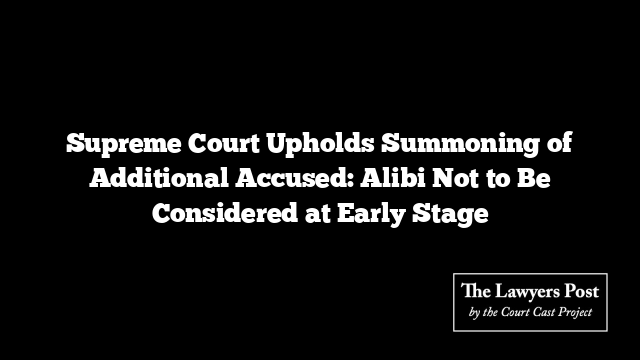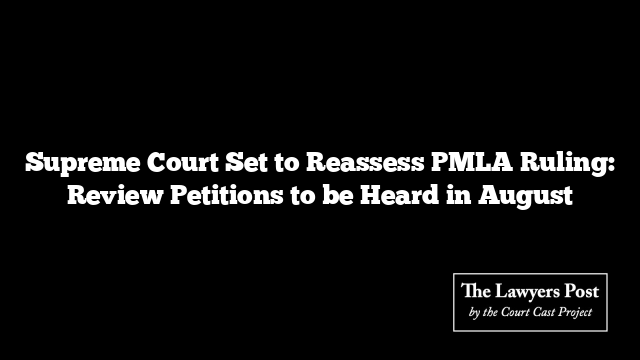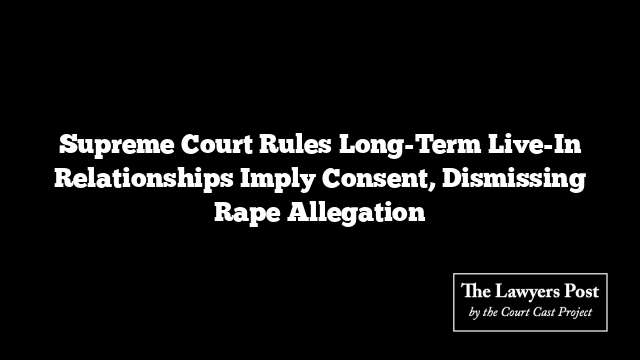In a recent ruling, the Supreme Court clarified the standards for summoning additional accused under Section 319 of the Cr.P.C., emphasizing that a summoning order cannot be quashed simply because of a defendant’s alibi claim. The Court highlighted that at the stage of summoning, it is the prima facie evidence indicating involvement in the offence, rather than proof beyond a reasonable doubt, that determines whether an individual can be brought before the court.
In this case, the Punjab & Haryana High Court had intervened, overturning a trial court’s decision to summon Respondent No.2 as an additional accused in a case related to abetment to suicide. The High Court had argued that the trial court overlooked documentary evidence supporting the accused’s alibi, which the Court considered insufficient for invoking Section 319.
However, the Supreme Court ruled in favor of the trial court’s decision. Justice Vikram Nath, writing for the bench, clarified that prima facie evidence was enough to justify the summoning of the additional accused, reinforcing that guilt beyond a reasonable doubt is not required at this stage of proceedings.
The Court further stressed that alibi evidence, in this case, must be tested during the trial itself, not at the summoning stage. The documents presented as part of the alibi—such as a parking chit, chemist’s receipt, OPD card, and CCTV footage—had not been formally proven and therefore could not be considered conclusive at this early stage.
Restoring the trial court’s order, the Supreme Court set an important precedent, reiterating that the burden of proving an alibi lies with the accused and that such evidence should be scrutinized only during the trial.





